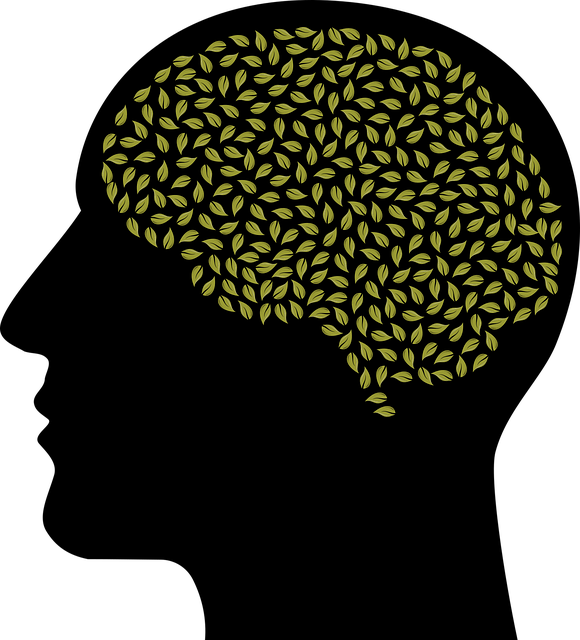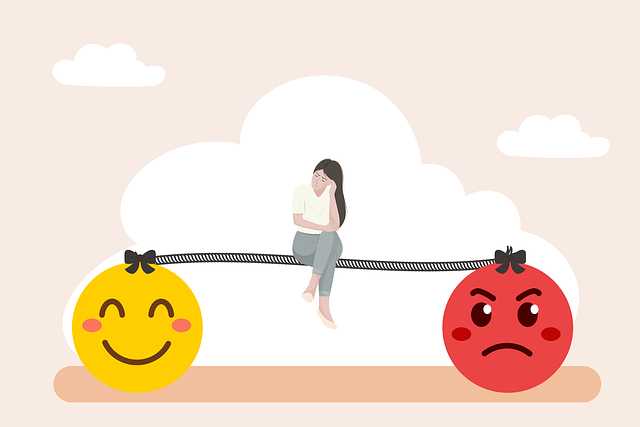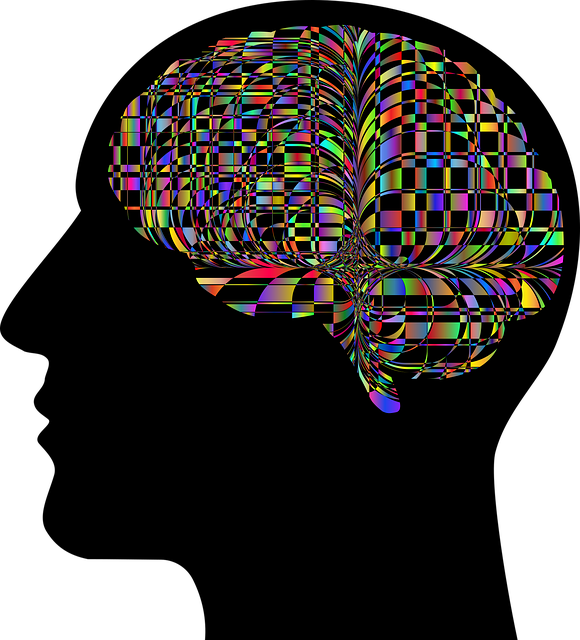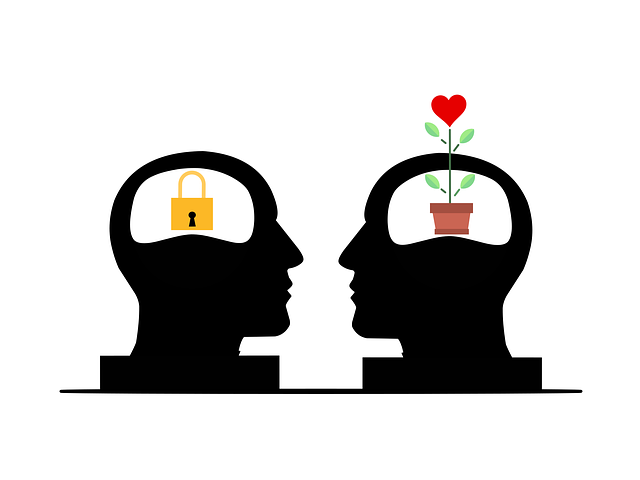Mental wellness involves emotional, psychological, and social well-being, shaped by self-care practices like mindfulness, exercise, and sleep. Parker Learning Disability Therapy (PLDT) prioritizes mental wellness through personalized care plans, culturally sensitive practices, and tailored self-care routines. PLDT assesses individual needs, incorporating evidence-based practices like CBT and mindfulness to build resilience. Consistent routines, stress management workshops, and support groups enhance self-care capabilities. Mindfulness meditation, physical activity, and tracking progress through measurable goals are key components of effective self-care routines.
Developing a mental wellness self-care routine is an empowering step towards holistic well-being. This article guides you through a structured approach, leveraging insights from Parker Learning Disability Therapy, to enhance your mental health. We’ll explore assessing individual needs, crafting personalized routines, incorporating evidence-based practices, and building consistent habits for tracking progress. Embrace these strategies to nurture your mental wellness journey.
- Understanding Mental Wellness and Self-Care
- Assessing Your Needs: A Parker Learning Disability Therapy Approach
- Crafting a Personalized Routine
- Incorporating Evidence-Based Practices
- Building Consistency and Tracking Progress
Understanding Mental Wellness and Self-Care

Mental wellness is a crucial aspect of overall health, encompassing our emotional, psychological, and social well-being. It affects how we think, feel, and act in daily life. Understanding mental wellness involves recognizing that it’s not just the absence of mental illness but also about fostering resilience and maintaining a positive mind. Self-care plays a pivotal role in this journey; it’s an active process where individuals take responsibility for their own well-being. By incorporating self-care practices, such as mindfulness, regular exercise, and quality sleep, one can enhance emotional intelligence and manage stress effectively.
At Parker Learning Disability Therapy, we emphasize the importance of mental wellness and self-care in our therapeutic approaches. Recognizing that everyone’s journey is unique, we tailor strategies to suit individual needs. Public awareness campaigns development has been instrumental in reducing stigma around mental health, encouraging open conversations, and promoting Self-Care Practices. These initiatives contribute to a more supportive environment where individuals feel empowered to prioritize their mental wellness and seek help when needed.
Assessing Your Needs: A Parker Learning Disability Therapy Approach

Assessing your needs is a crucial step in developing an effective mental wellness self-care routine, and Parker Learning Disability Therapy offers valuable insights into this process. This therapeutic approach emphasizes understanding individual challenges and strengths to create personalized care plans. By evaluating various aspects of a person’s life—such as learning abilities, social interactions, and emotional regulation—therapists can identify specific areas requiring support.
In the context of mental health education programs design and healthcare provider cultural competency training, Parker Therapy encourages a comprehensive assessment that considers cultural sensitivity in mental healthcare practice. This means recognizing and respecting diverse backgrounds, beliefs, and experiences to ensure inclusive and effective treatment. Through this tailored approach, individuals can gain valuable tools to manage their mental wellness, fostering a sense of empowerment and self-care.
Crafting a Personalized Routine

Creating a personalized mental wellness self-care routine is a powerful tool for managing life’s challenges, particularly for individuals with learning disabilities. At Parker Learning Disability Therapy, we emphasize the importance of tailored strategies to enhance well-being. This involves taking the time to understand your unique needs and preferences. Start by identifying activities that bring you joy and peace; this could be anything from meditation practices to creative outlets or spending time in nature. Incorporate these into a structured yet flexible daily or weekly schedule.
For instance, consider dedicated time for relaxation techniques like deep breathing exercises or yoga, which have been shown to reduce anxiety and improve self-esteem. Additionally, organizing stress management workshops within your community or joining support groups can offer valuable tools and connections. Remember, consistency is key; regularly reviewing and adjusting your routine ensures it remains effective as you navigate life’s ups and downs.
Incorporating Evidence-Based Practices

Incorporating evidence-based practices is a cornerstone of building an effective mental wellness self-care routine. Techniques such as cognitive behavioral therapy (CBT), mindfulness, and relaxation strategies have been rigorously studied and proven to enhance coping skills development. For instance, Parker Learning Disability Therapy leverages CBT to help individuals manage anxiety relief by challenging negative thought patterns and replacing them with more realistic and positive ones. This approach not only empowers individuals to navigate stressful situations but also fosters a sense of agency and resilience.
The Mental Wellness Podcast Series Production offers an accessible way to integrate these evidence-based practices into daily life. Through engaging discussions, expert insights, and practical tips, podcasts provide valuable tools for coping skills development. They offer a quiet sanctuary where listeners can learn techniques to manage stress, anxiety, and other mental health challenges. By combining scientific rigor with relatable content, these resources ensure that self-care routines are both effective and sustainable.
Building Consistency and Tracking Progress

Building consistency is a cornerstone of establishing an effective mental wellness self-care routine. It’s about incorporating practices that support your emotional well-being into your daily or weekly schedule, making them non-negotiable parts of your life. Consistency fosters stability and predictability, which are crucial for managing anxiety and stress levels. By creating routines, you’re essentially teaching your mind and body to settle into a rhythm, enhancing your resilience in the face of challenges.
Tracking progress is another vital aspect that can help you stay on course. This involves setting specific, measurable goals related to your mental wellness journey and regularly assessing your achievements. Whether it’s practicing mindfulness meditation for 15 minutes daily or engaging in physical activity three times a week, keeping a journal or using apps designed for self-care tracking can provide valuable insights into what works best for you. Remember, Parker Learning Disability Therapy emphasizes the power of Mind Over Matter principles, and by regularly reviewing your progress, you’re actively embracing this concept, allowing you to make informed adjustments to your self-care routine.
Developing a mental wellness self-care routine is a transformative journey, one that can significantly enhance overall well-being. By combining insights from Parker Learning Disability Therapy with evidence-based practices, individuals can create personalized routines tailored to their unique needs. This structured approach ensures consistency and allows for tracking progress, fostering a healthier mind in today’s demanding world. Embracing self-care is not just a trend but a vital strategy for navigating life’s challenges and cultivating resilience.











